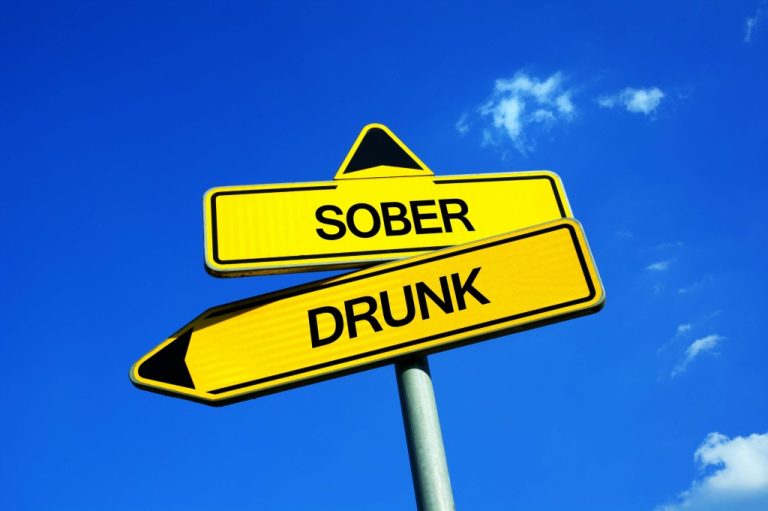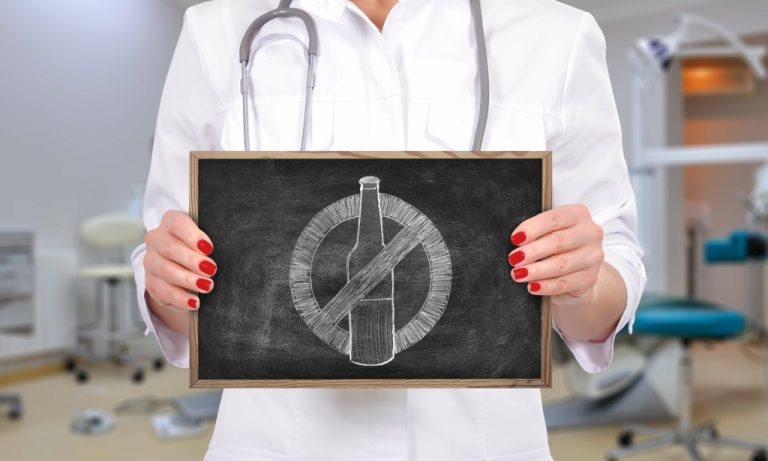Rehabilitation care is specialized post-hospital care that aims to help individuals recover from surgery, accidents, illnesses, or injuries or cope with chronic conditions. For the best possible treatment and care, we strongly advise seeking out advice and treatment from a private rehab facility. That way you can avoid any unnecessary waiting lists, receive superior treatment, and have the greatest chance at successful recovery from your addiction. Gives patients with neurological conditions or injuries ways to restore basic life functions and regain independence. These are but a few examples, and many of them fall outside the research portfolio of the NICHD and NCMRR.
Lives restored and relationships repaired

Rehabilitation programs help seniors relearn how to use their muscles and strengthen their bodies. These programs involve various types of therapies and temporary assistance with activities of daily living (ADLs) if needed. Mayo Clinic specialists in Physical Medicine and Rehabilitation (PM&R) help restore movement and function to people limited by disease amphetamine addiction treatment or injury. PM&R physicians diagnose and treat a variety of medical conditions affecting the brain, spinal cord, nerves and the musculoskeletal system. They provide treatment and rehabilitation options that reflect the unique needs, abilities and objectives of each patient. Post-surgical recovery, for example after joint replacements or amputations, is another key area where rehab plays a crucial role.
What are the activities in rehabilitation center?
Chronic pain management, neurological disorders, and developmental disabilities warrant ongoing therapeutic support to regain or improve abilities. Rehab days are designed to be balanced, with a mix of therapy, education, recreation, and community support. This comprehensive approach not only addresses physical dependence but also targets emotional, mental, and social recovery aspects. Inpatient programs provide intensive treatment in a controlled environment, while outpatient options offer flexibility, allowing individuals to live at home while attending therapy sessions. Rehab, or rehabilitation, is a structured process designed to help individuals overcome addiction and rebuild their lives.
- These are the costs of an inpatient rehab center through Medicare per benefit period.
- Involvement of family and support networks ensures that recovery is holistic and sustainable, helping individuals rebuild their social lives on a foundation of understanding and mutual support.
- Centers can exist within a skilled nursing or nursing home facility, within a hospital, or rehab can be administered independently in a home health care setting.
- Try to find a program which offers a variable or customizable length of stay, rather than a fixed length of stay.
Services Offered at Rehabilitation Centers
However, they are most likely to accept patients who won’t transition back to their previous daily routine. While nursing homes are looking for patients who need long-term or end-of-life care, rehabilitation centers are focused on helping residents transition back to their everyday lives. Inpatient rehab — also known as residential treatment or residential rehab — means staying at a facility full-time. You live there while receiving round-the-clock care, which provides a safe, structured environment to focus on your recovery without outside distractions or triggers.
The Role of Rehabilitation Centers
The result is that pre-existing limitations in rehabilitation services are magnified, health service delivery is less efficient, and people directly affected are at risk of increased impairment and disability. Natural hazards such as earthquakes or disease outbreaks and human induced hazards including conflict, terrorism or industrial accidents can generate overwhelming rehabilitation needs as a result of injury or illness. They also simultaneously disrupt existing services and have the greatest impact on the most vulnerable populations and the what is a rehabilitation center weakest health systems. For the full extent of the social, economic and health benefits of rehabilitation to be realized, timely, high quality and affordable rehabilitation interventions should be available to all.

Behavioral Therapies

For more than 100 years, The Salvation Army has operated rehabilitation facilities across the country that provide help and hope to individuals with a variety of challenges, including issues relating to substance abuse. These sessions aim to address psychological, emotional, and social factors related to addiction. Methods include individual therapy, group counseling, family therapy, and specialized treatments such as cognitive-behavioral therapy (CBT). During this phase, individuals learn coping strategies, explore underlying issues like trauma or low self-esteem, and develop skills to prevent relapse. Choosing the right rehab type depends on individual health needs, substance use severity, mental health status, and support systems. Combining different settings can optimize recovery by ensuring comprehensive treatment and support at every stage.


Add a Comment